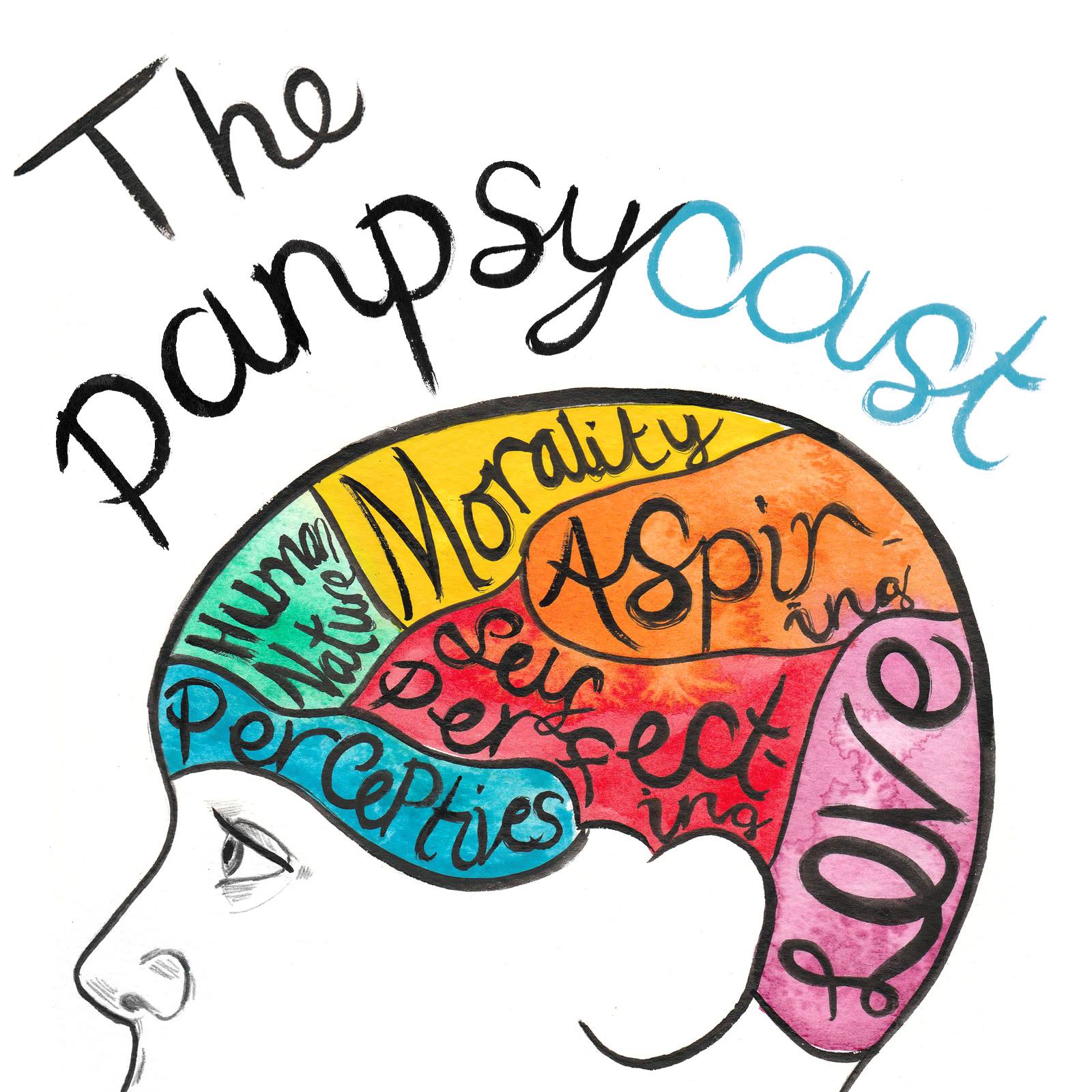Welcome to 'Episode 47, Hedda Hassel Mørch: Consciousness and Integrated Information Theory (Part I)', where we'll be discussing Information Integration Theory and the hard problem of consciousness.
Hedda Hassel Mørch is a philosopher and post-doc at the University of Oslo, previously at The Center for Mind, Brain, and Consciousness at New York University. Dr Mørch’s research focuses on panpsychism, neutral monism and liberal conceptions of physicalism. More specifically, how such views can respond to problems in philosophy of mind and metaphysics, such as the hard problem of consciousness (namely, how does soggy grey matter give rise to technicolour experience), the problem of mental causation (how can the mind interact the world), and the metaphysics of causation (what does it really mean for one event to ‘cause’ another).
In this episode, we’re going to be discussing these topics with Hedda, but focus more specifically, on her views on consciousness and Integrated Information Theory. In Hedda’s own words:
"The nature of consciousness seems to be unique among scientific puzzles. Not only do neuroscientists have no fundamental explanation for how it arises from physical states of the brain, we are not even sure whether we ever will."
The file size is large, please be patient whilst the podcast buffers/downloads/integratesEpisodes 47-50 are proudly supported by New College of the Humanities. To find out more about the college and their philosophy programmes, please click here.
Contents
Part I. Integrated Information Theory.
Part II. Further Analysis and Discussion.




